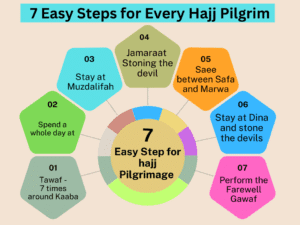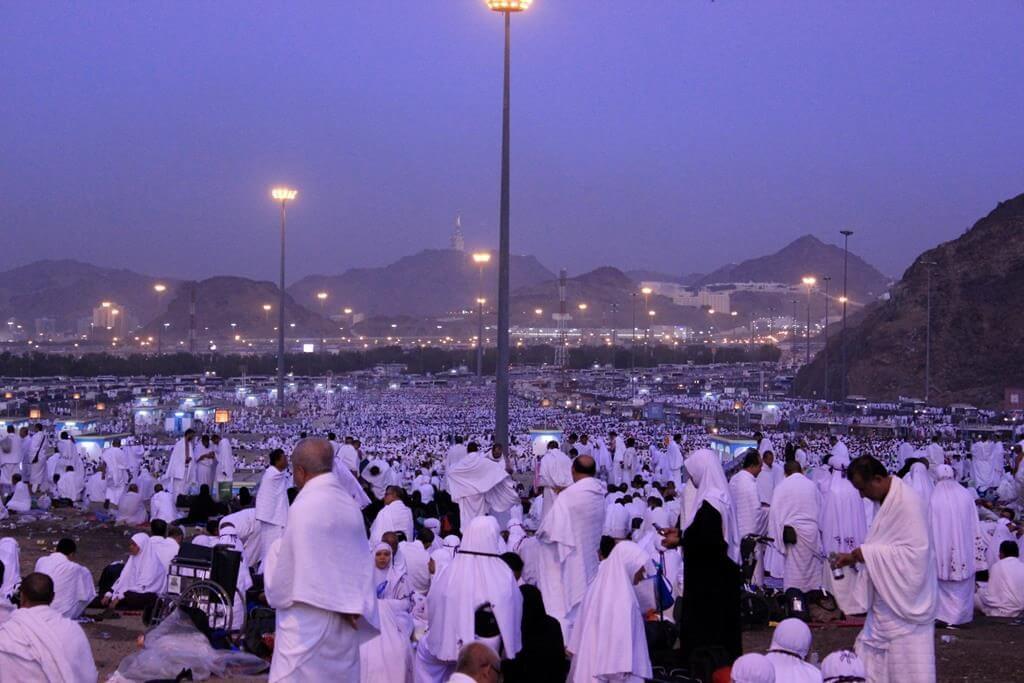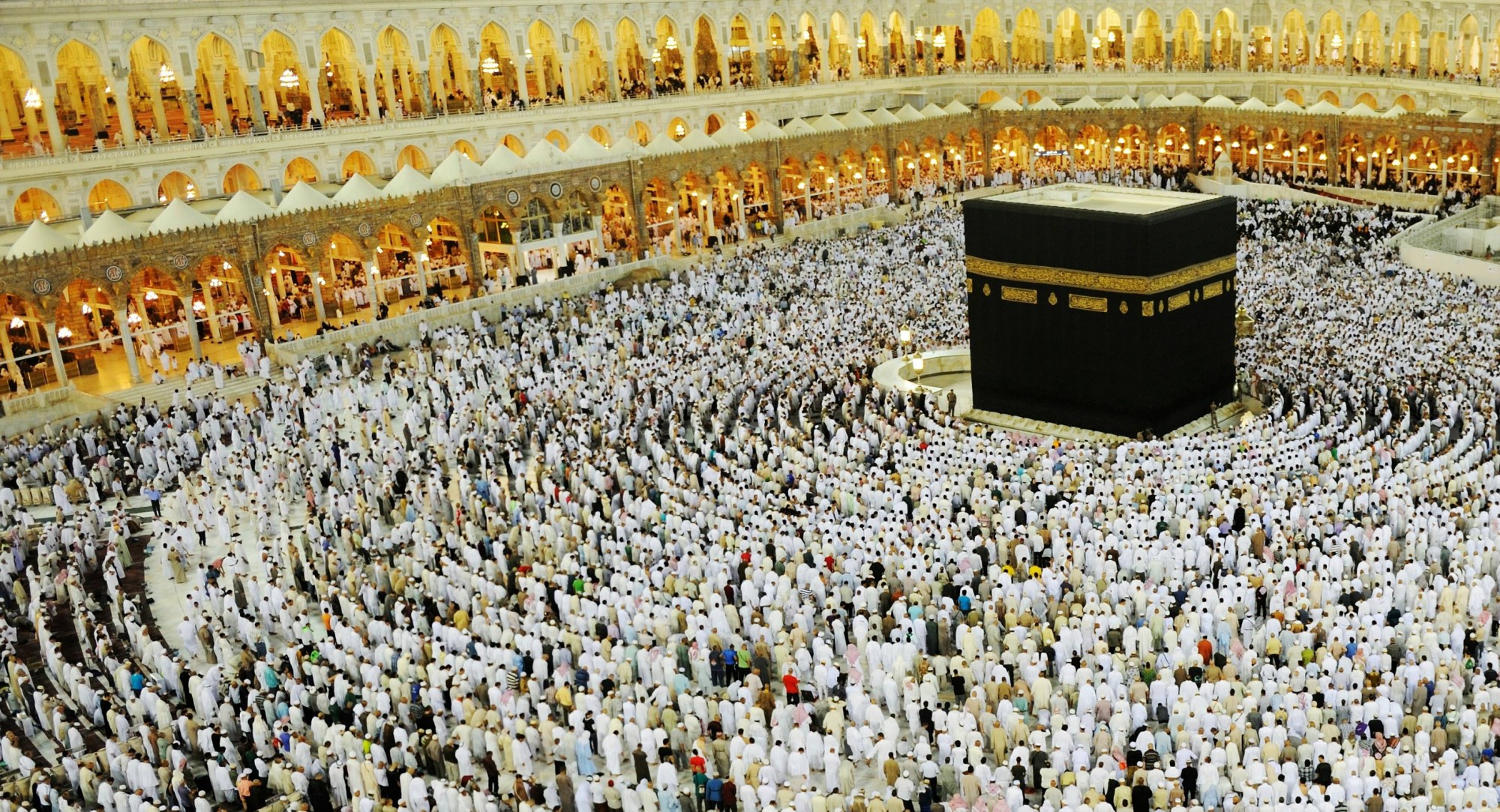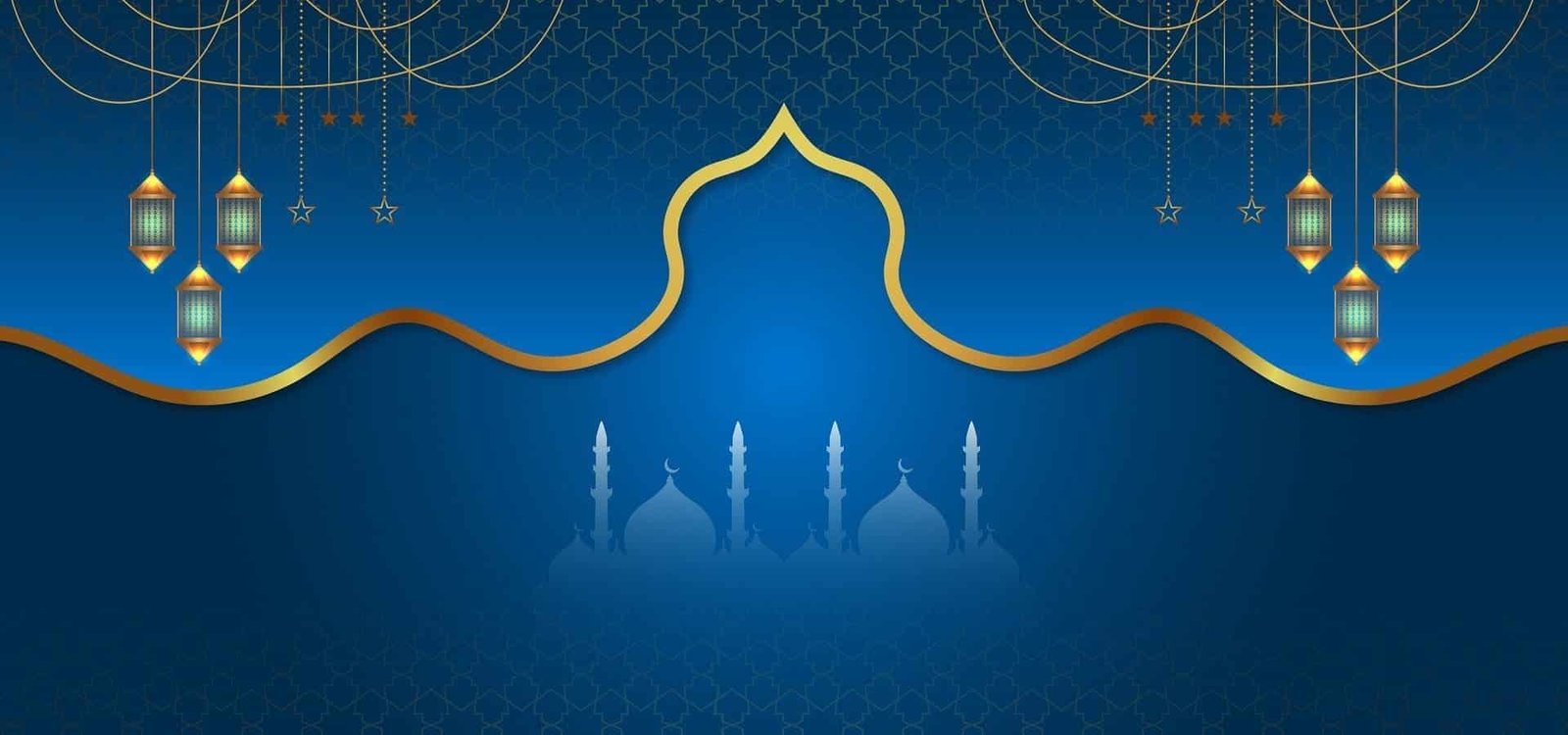Are you prepared to start your spiritual journey of greatness? Does your heart beat passionately as you imagine yourself doing as many did centuries ago? The Hajj 2024 may seem scary and stressful, but it is not! This article is your holy quest for the ultimate guide to pilgrimage, which makes your journey more accessible and more specific.
Carrying out the logistics and rites of Hajj can be challenging, particularly for first-timers. From booking the travel tickets to understanding the Hajj rituals, there are a lot of points to consider. However, we will not disappoint you; through our detailed guide, we will help you all along.
Whether you are familiar with traveling or are a novice out for your first Hajj, this article aims to inform you of the most helpful advice to ensure a smooth and memorable Hajj in 2024. Thus, the great adventure begins, and you will not be able to forget this. I hope you will sit back, relax, and enjoy.
Recognizing the Importance of Hajj 2024
First, we must remember the great significance of the Hajj in Islam. One of the five pillars of Islam, called Hajj, is fellowship with Allah, its men, and all Muslims, at least once or until they are challenged physically and can carry it out during their lifetime. It is the story of Abraham and his family, who are famous, and their characters offer a fine example for humanity to exert all of their efforts to worship God only.
Planning and Preparation
An efficient hajj trip is achieved through a thorough preparation and planning process. The first step is to set a budget and make a timetable for your travel. Consider the weather, a big crowd, and your schedule when choosing the travel window.
Furthermore, look for reputable Haajj tour operators or travel agencies that provide total packages that consider the requirements of different travelers. Make sure to pick an organization that delivers and has positive ratings, as well as transparent pricing.
Securing Travel Documents and Vaccinations
First, you should select a suitable Hajj package for 2024, then ensure your travel documents, like your passport and others, are in order. Also, a passport, valid for at least six months; a Hajj visa; and any papers that allow the person to travel to Saudi Arabia are needed.
Furthermore, take note of any health rules requested or vaccination advancements made by the Saudi administration. Ensure you are updated with the latest COVID-19 countermeasures and complete all vaccination and testing steps before your plane departs.
Packing Essentials
Preparing for Hajj demands thoughtful decisions not to be made lightly because you will stay in your tent through the rain and hot sun for several days. Ensure you pack lightweight but breathable clothing that attests to the modest dress code of Islam. It must be suited to all men’s and women’s wear; therefore, garments such as loose-fitting ones should be part of the kit.
Do not forget to pack your best exploration shoes, sunscreen, sunglasses, and water to prevent heat stroke while on a hike. Moreover, it is a good idea to pack the required medicines, toiletries, and other home products to last the entire trip and ensure your well-being.
Knowing the Rituals of Hajj
Familiarize yourself with the central performance and the cultural rituals of Hajj to immerse yourself in the spiritual activity. These include:
Day 1: Intention and ihram
The initial day of the Hajj typically starts with an announcement of one’s intention to go on pilgrimage and enter into a sacred or blessed state of being (known as ihram). It is done by wearing unique clothes and uttering the phrases of Talbiyah, a holy commitment to Allah.
Day 2: Arafat
The second day is at the plain of Arafat, where Muslims gather all day to worship and meditate. Standing at the Mount of Mercy, they ask forgiveness for sins and beg Allah for guidance and blessings.
Day 3: Muzdalifah
The plan for the Hajj on the second day is at Muzdalifah, where pilgrims, after sunset, spend their night under the open sky and collect pebbles for the Stone the Devil ritual.
Days 4 and 5: The Devil’s Stinging.
On these two days, the fourth and fifth days, devotees repeat their ritual of throwing seven pebbles each at the three columns by casting stones at the devil in Mina. It is a symbolic way of abstaining from sin and evil.
Day 6: ‘Halq’ or ‘Taqsir’
Finally, during the Stoning ritual, pilgrims may shave their heads or, at least, trim their hair, attempting to demonstrate their humility and morality through this step. It brings the Hajj to an end and marks the end of the significant rituals.
Day 7: Farewell, Tawaf
On the last pilgrimage day, travelers visit the House of God (Kaaba) in Mecca to perform the Tawaf circumambulation around it. Finally, they go to the mountain between the hills of Safa and Marwa, bringing their pilgrimage to an end. Once done with these rites, the pilgrims discard their Ihram dressing and wear their usual attire.
Duas to Recitte during Hajj:
Dua for Beginning the Journey:
لَبَّيْكَ اللَّهُمَّ لَبَّيْكَ، لَبَّيْكَ لاَ شَرِيكَ لَكَ لَبَّيْكَ، إِنَّ الْحَمْدَ، وَالنِّعْمَةَ، لَكَ وَالْمُلْكَ، لاَ شَرِيكَ لَكَ
Translation: “Here I am, O Allah, here I am. Here I am; you have no partner; here I am. Surely all praise, grace, and dominion are yours, and you have no partners.”
Dua Upon Arrival in Makkah:
قَالَ رَسولُ اللَّهِ ﷺ كانَ مِن دُعاءِ دَاوُدَ صَلّى اللهُ عَلَيْهِ وسَلَّم: “اللَّهمَّ إِنِّي أَسْأَلُكَ حُبَّكَ، وَحُبَّ مَنْ يُحِبُّكَ، وَالعمَل الَّذِي يُبَلِّغُني حُبَّكَ ، روَاهُ الترمذيُّ وَقَال
Translation: “O Allah, I ask You for Your love and the love of those who love You, and for the deeds that will cause me to attain Your love.”
Dua at the Kaaba:
رَبَّنَاۤ اٰتِنَا فِی الدُّنْیَا حَسَنَةً وَّ فِی الْاٰخِرَةِ حَسَنَةً وَّ قِنَا عَذَابَ النَّارِ
Translation: “Our Lord, give us in this world [that which is] good and in the hereafter [that which is] good, and protect us from the punishment of the fire.”
Dua at Mount Arafat:
لا إله إلا الله وحده لا شريك له، له الملك وله الحمد، وهو على كل شيء قدیر
Translation: “There is no deity worthy of worship except Allah, alone, without partner. To Him belongs all sovereignty and all praise, and He is over all things omnipotent.”
Dua at the Stoning of the Devil:
الله أكبر، الله أكبر، الله أكبر.
Translation: “Allah is the Greatest, Allah is the Greatest, Allah is the Greatest.”
Dua at the Sacrifice (During Eid al-Adha):
بِسمِ اللہِ، اللہُ اَکبَر۔
Translation: “In the name of Allah, Allah is the Greatest.”
Dua at the End of Hajj:
اللَّهُمَّ إِنِّي أَعُوذُ بِكَ مِنْ قَلْبٍ لاَ يَخْشَعُ، ومِنْ دُعَاءٍ لاَ يُسْمَعُ، وَمِنْ نَفْسٍ لاَ تَشْبَعُ، وَمِنْ عِلْمٍ لاَ يَنْفَعُ
Translation: “O Allah, I seek refuge in You from the knowledge that does not benefit, from a heart that does not fear (You), from a soul that is not satisfied, and from a supplication that is not heard.”
Conclusion:
The mission of this guide should never be to deal with the Hajj in a trivial, spiritual way. Remember that Hajj is an external journey and an inward spiritual destination that needs modesty, patience, confidence, and resilience (self-control) to accomplish the mission. Let your wayfaring be blessed, and hopefully, after you get back home, you will be infused with a new spirit of religion, calmness, and thanksgiving. Happy travels, and may Allah bless your Hajj journey bountifully.







